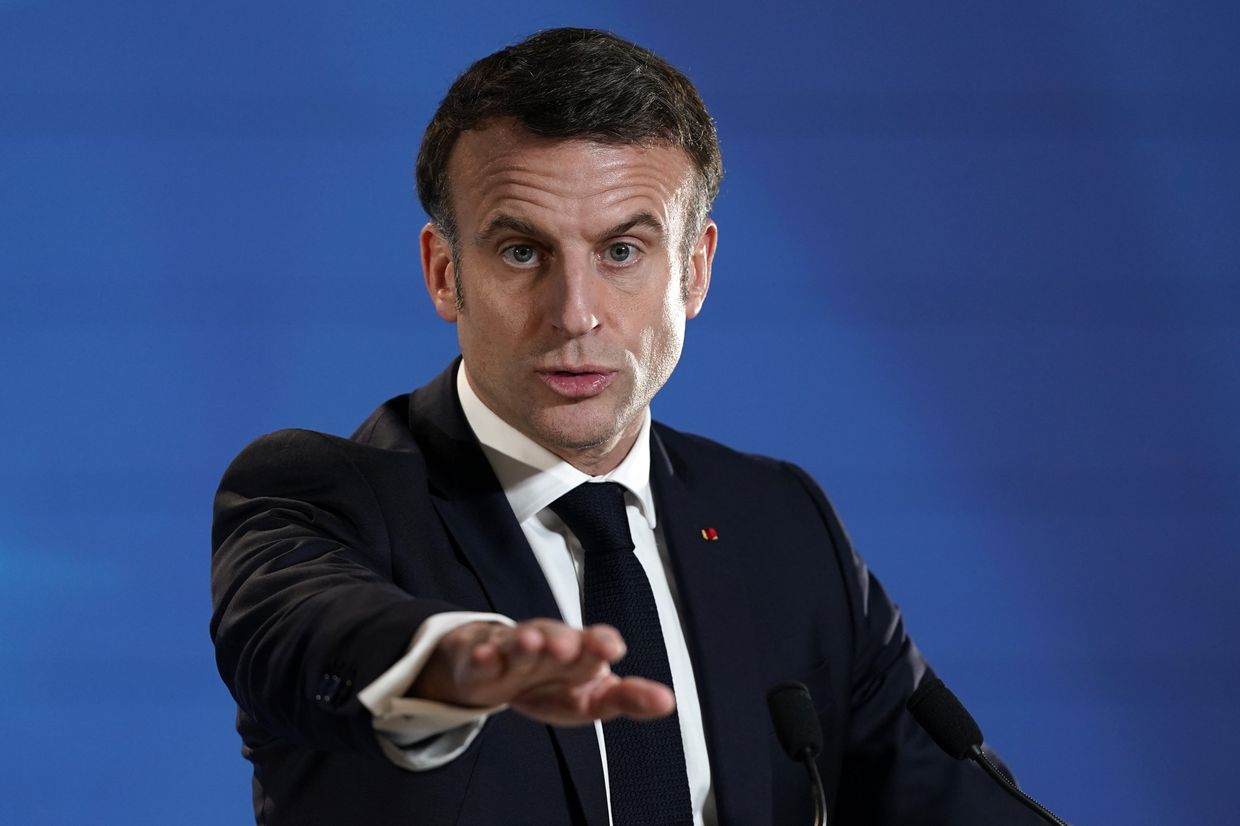Scholz, Macron, Tusk vow more arms purchases, new initiatives for Ukraine

The leaders of Germany, France, and Poland agreed on new initiatives in support of Kyiv, including more weapons purchases and a future coalition on long-range rocket artillery, German Chancellor Olaf Scholz reportedly said on March 15 following a Weimar Triangle meeting in Berlin.
Scholz is hosting French President Emmanuel Macron and Polish Prime Minister Donald Tusk in Berlin to coordinate their approach to helping Ukraine fend off Russian aggression.
The meeting is seen not only as a step to revive the Weimar Triangle format from the early 1990s but also as an opportunity for Scholz and Macron to ease tensions over their differences regarding the Ukraine strategy.
The French president seemed to have taken other leaders, namely Scholz, aback with his earlier remarks that the Western countries should not rule out deploying their own troops on the ground in Ukraine. Macron reiterated this position in a television interview on March 14.
Speaking at a press conference after the talks in Berlin, Scholz presented new joint initiatives in support of Ukraine.
These included purchasing more weapons for Ukraine on global markets, expanding military production, namely in cooperation with Ukrainian partners, forming a long-range rocket artillery coalition within the framework of the Ramstein format, and increasing support for the 5-billion euro ($5 billion) EU defense fund for Ukraine.
"We will begin acquiring more arms for Ukraine immediately," Scholz commented. According to the chancellor, proceeds from frozen Russian assets would be used for arms purchases for Ukraine.
Macron said that France and its partners would "never let Russia win and support the Ukrainian people until the end" but stressed that they would "never prompt an escalation."
Tusk noted that assistance for Ukraine should be as extensive and as fast as possible to prevent the situation from deteriorating in the near future.
"We want to spend our money, we want to help in all possible ways here and now so that Ukraine's situation improves, not worsens, in the coming weeks and months," the Polish prime minister said.
Ammunition supplies are ever more crucial for Ukraine as assistance from the U.S., a key military donor, remains stuck in Congress, and Russia ramps up pressure along the front. As the EU's initiative to supply Kyiv with 1 million shells delivered only about half of that by March, some members are looking for innovative ways of aiding the besieged country.
Czechia said it had identified 800,000 artillery shells abroad that could be sent to Ukraine if allies provide the necessary funds. Several nations, including Germany and France, have backed this initiative, and Czech Prime Minister Petr Fiala announced a confirmed purchase of 300,000 shells and a potential commitment of 200,000 more.












